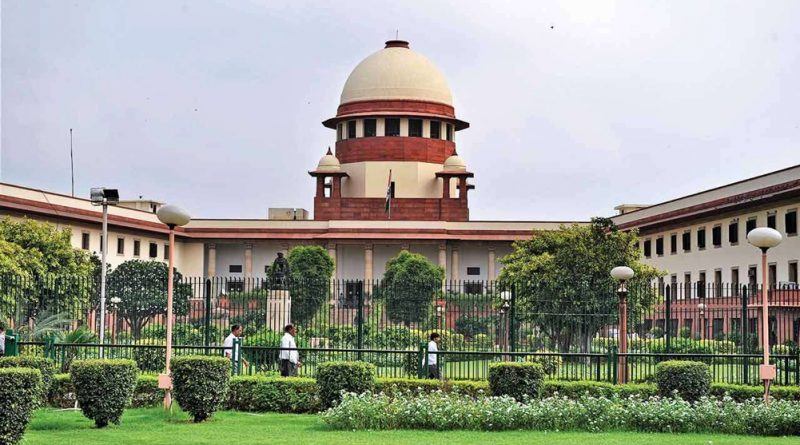| |
|---|
Debjit Mukherjee: Attorney General R Venkataramani, in a statement submitted to the Supreme Court, has argued that citizens do not possess the right to information under Article 19(1)(a) of the Constitution regarding the source of political funds, contending that the electoral bond scheme for political party funding promotes clean money. Venkataramani emphasised that there cannot be a general right to access “anything and everything” without reasonable restrictions.

“The scheme in question extends the benefit of confidentiality to the contributor. It ensures and promotes clean money being contributed. It ensures abiding by tax obligations. Thus, it does not fall foul of any existing right,” the Attorney General informed the Supreme Court. The top court’s legal representative clarified that the judicial review’s purpose is not to scrutinise state policies to suggest better or different alternatives.
“A constitutional court reviews state action only if it impinges upon existing rights and not because state action has not provided for a possible right or an expectation, however desirable,” he stated.
Venkataramani further noted, “That contribution to political parties has democratic significance and is a fit subject for political debate and demands of governance accountability free from influences does not mean that the court will proceed to declare on such matters in the absence of a clear constitutionally offending law.”
A constitution bench of the Supreme Court, comprising five judges, is set to begin hearing a series of petitions challenging the validity of the electoral bond scheme for political party funding from October 31. The electoral bond scheme, introduced by the government on January 2, 2018, aimed to replace cash donations to political parties, enhancing transparency in political funding.
According to the scheme’s provisions, electoral bonds may be purchased by any Indian citizen or entity incorporated or established in India, either individually or jointly with other individuals.
The bench, led by Chief Justice DY Chandrachud, will consider four pleas, including those filed by Congress leader Jaya Thakur and the CPI(M).
The other justices on the bench are Sanjiv Khanna, BR Gavai, JB Pardiwala, and Manoj Misra. On January 20, 2020, the Supreme Court declined to grant an interim stay on the 2018 Electoral Bonds Scheme, seeking responses from the Center and the Election Commission to an interim application by an NGO seeking a stay on the scheme.
Only political parties registered under Section 29A of the Representation of the People Act, 1951, and which secured not less than one percent of votes in the last general election to Lok Sabha or the legislative assembly of the state are eligible to receive electoral bonds. As per the notification, electoral bonds may only be encashed by an eligible political party through an account with an authorised bank.
In April 2019, the Supreme Court also declined to stay the Electoral Bond Scheme, emphasising the need for a thorough hearing on the matter due to the “weighty issues” raised by the Center and the EC, which have a “tremendous bearing on the sanctity of the electoral process in the country.” The Center and the EC had previously held opposing positions in court regarding political funding, with the government favouring donor anonymity and the election panel advocating for donor name disclosure for transparency’s sake.




